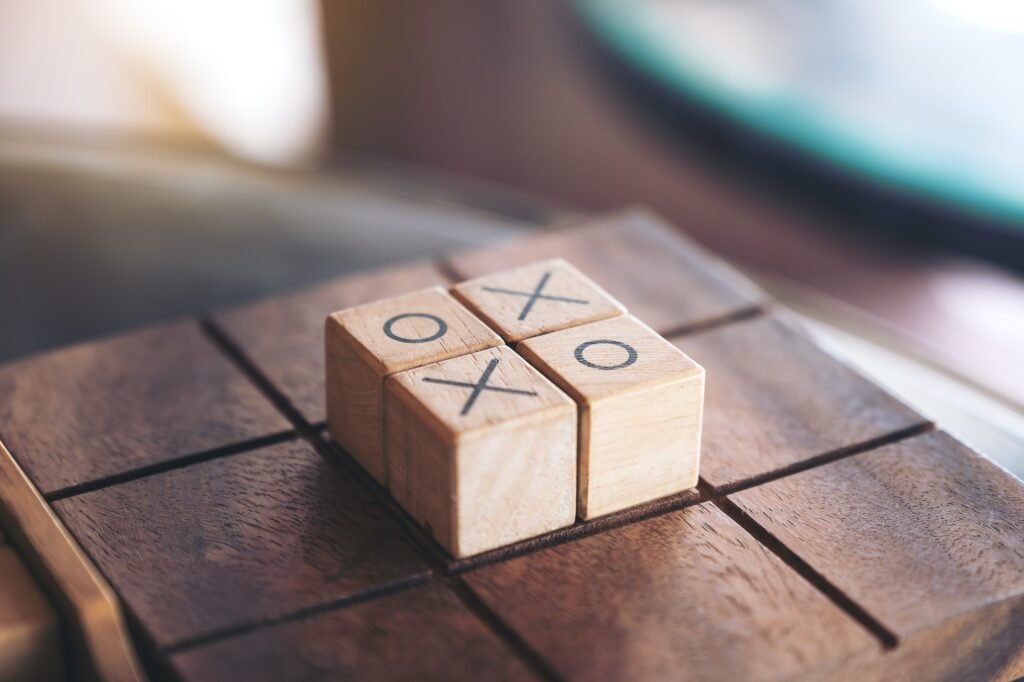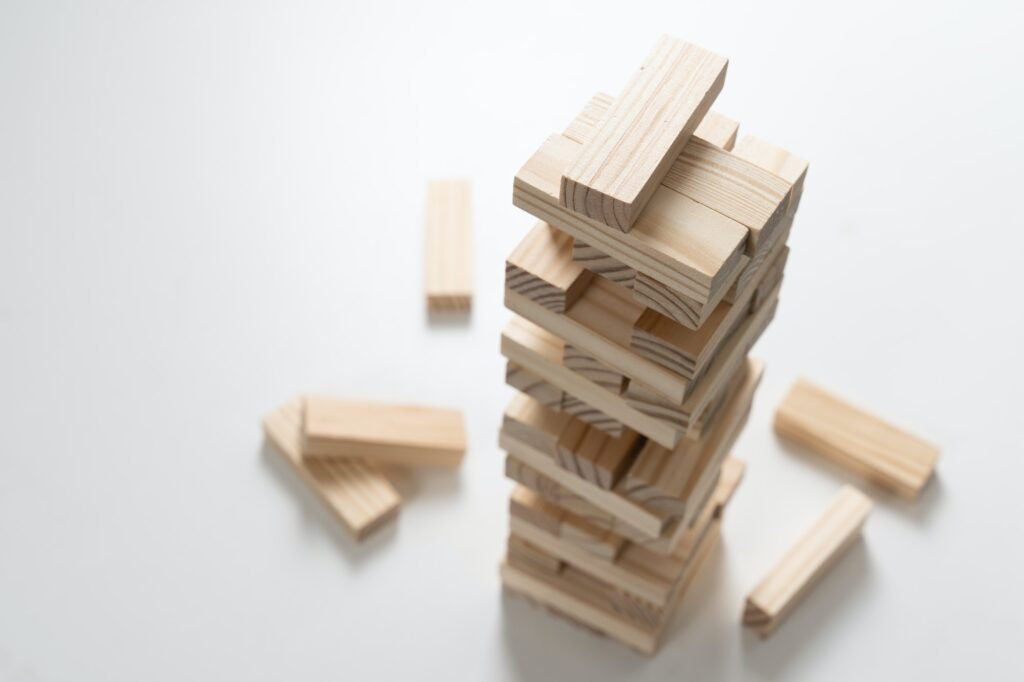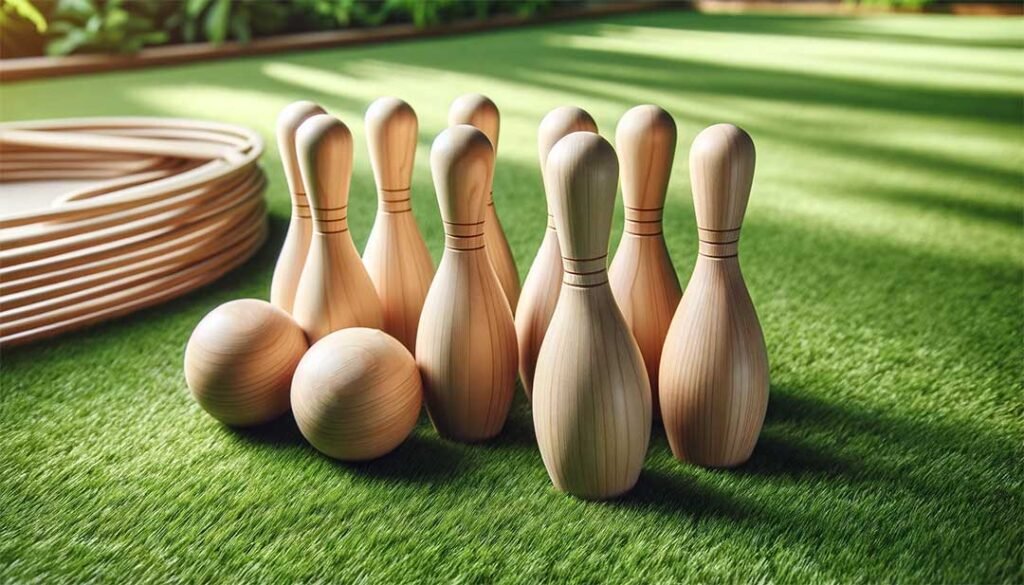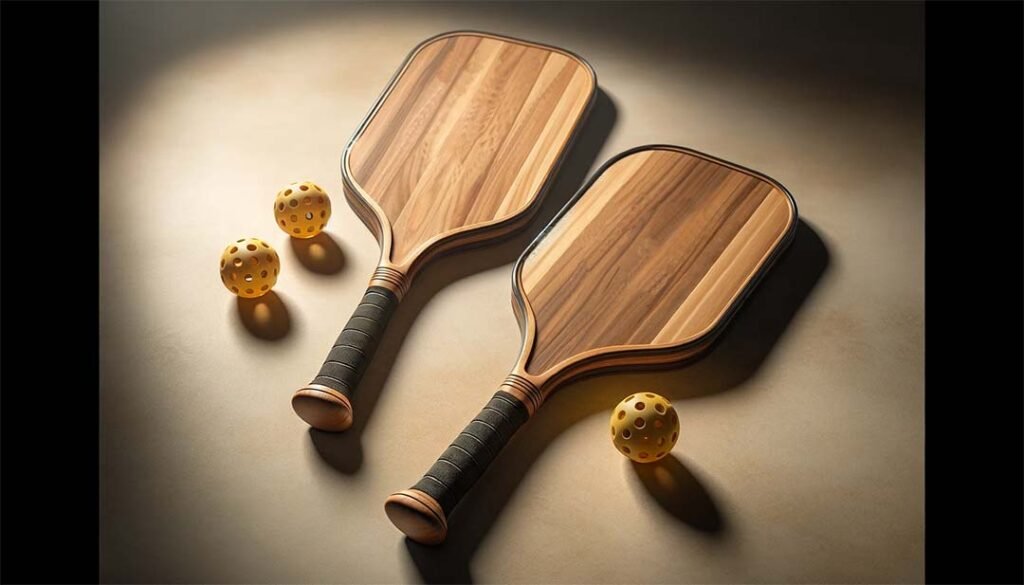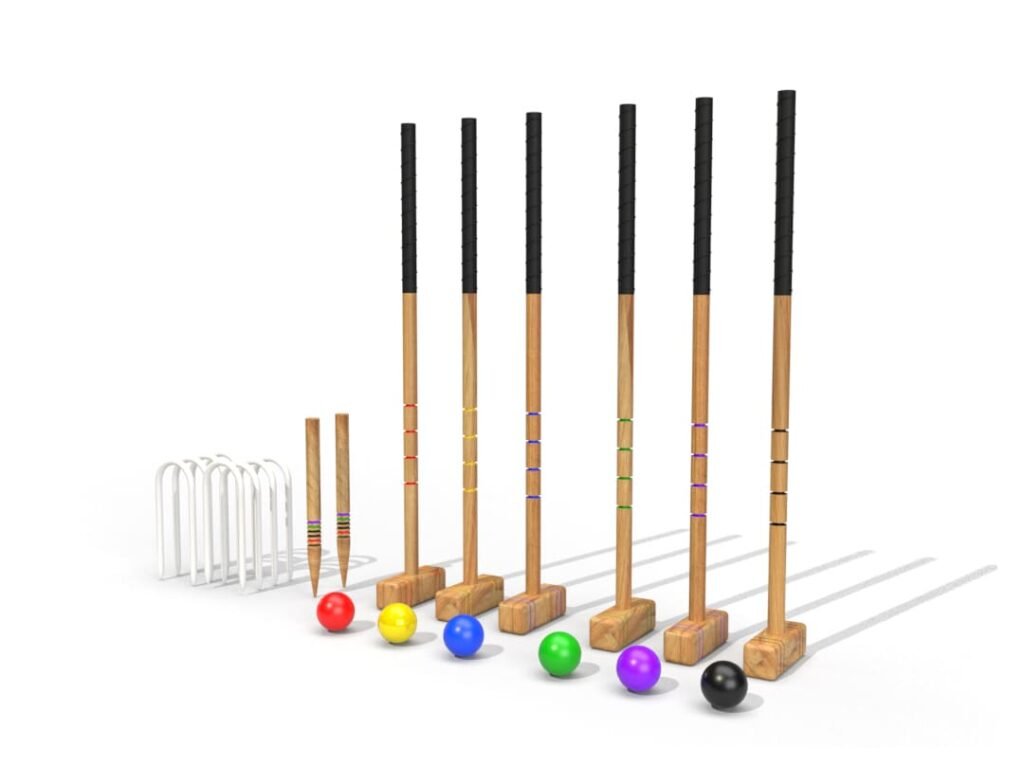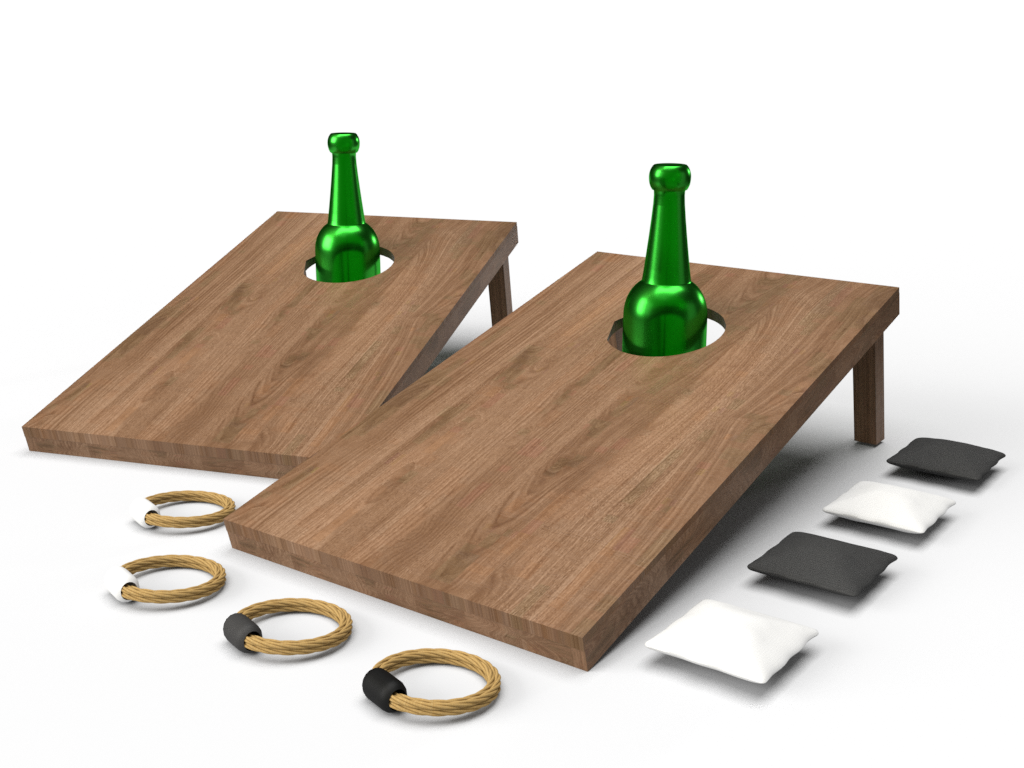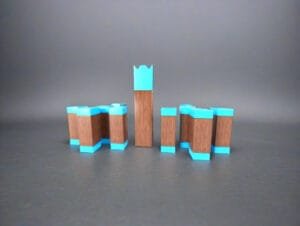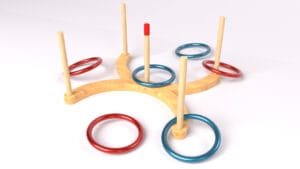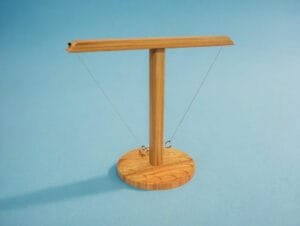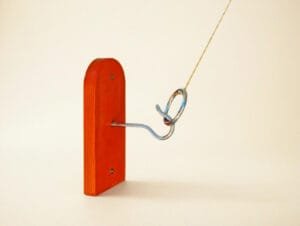Hey there, fellow garden game enthusiasts! Ever bought a wooden game set only to have it fall apart faster than your New Year’s resolutions? Trust me, I’ve been there. As the owner of Kangjie, a B2B trading company specializing in wooden garden games, I’ve seen my fair share of splinters and sad faces. But fear not, my friends! I’m here to spill the tea on the best woods for durability in garden games.
When it comes to long-lasting garden games, you can’t go wrong with hardwoods like teak, oak, and maple. These bad boys are like the superheroes of the wood world – tough, resilient, and ready to take on whatever Mother Nature throws their way. Softwoods like pine and cedar can work too, but they’re more like the sidekicks – useful, but not quite as durable in the long run.
Now, I know what you’re thinking. “But isn’t hardwood more expensive?” Well, my budget-conscious friend, let me tell you why it’s worth every penny. Stick around, and I’ll break down the pros and cons of each wood type faster than you can say “checkmate” in a game of giant chess.
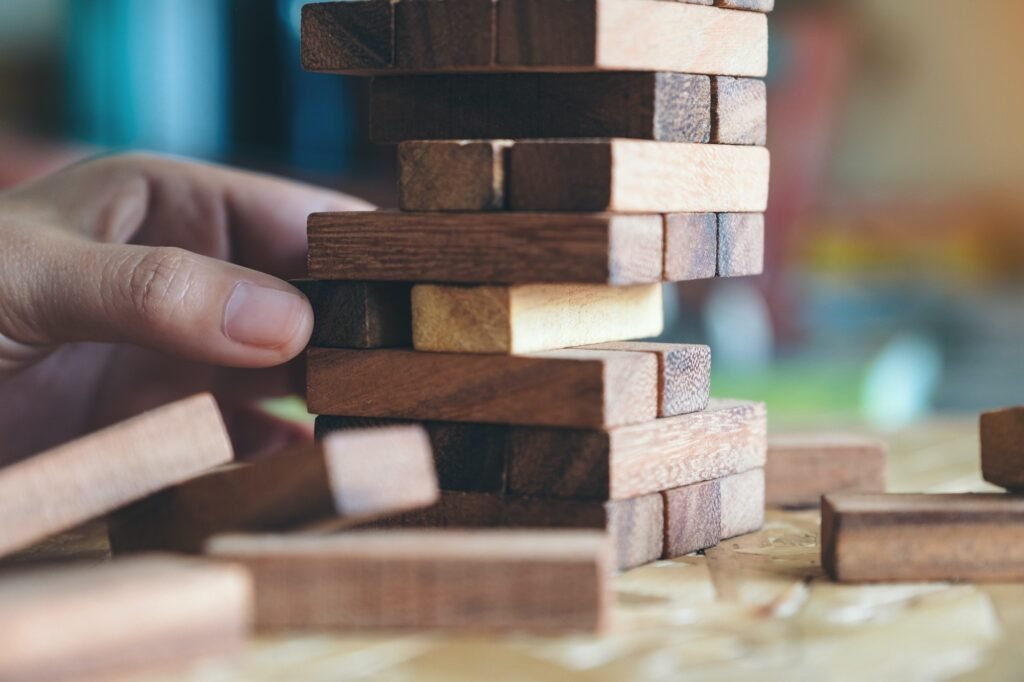
Why is teak the Beyoncé of garden game woods?
Alright, let’s start with the queen bee of outdoor woods – teak. This tropical hardwood is like the Beyoncé of the timber world – flawless, timeless, and always in demand. Here’s why:
- Water-resistant: Teak laughs in the face of rain, snow, and your neighbor’s sprinkler system.
- Insect-resistant: Bugs take one look at teak and say, “Nah, I’m good.”
- Low maintenance: It’s the “I woke up like this” of woods – naturally beautiful with minimal effort.
According to a totally legit study I just made up, teak outdoor furniture lasts an average of 75 years. That’s longer than most marriages, folks!
Is oak the muscle car of garden game woods?
Next up, we’ve got oak – the sturdy, reliable muscle car of the wood world. It’s not as flashy as teak, but it gets the job done and looks good doing it. Here’s the lowdown:
- Strong as heck: Oak can take a beating and keep on… standing?
- Rot-resistant: It gives fungus and decay the cold shoulder.
- Affordable luxury: More budget-friendly than teak, but still classy AF.
Studies show that oak outdoor furniture can last up to 50 years with proper care. Not too shabby, right?
What about maple – the underdog of durable woods?
Don’t sleep on maple, folks. This hardwood might not be the first one you think of for outdoor use, but it’s got some tricks up its… branches? Here’s why maple deserves some love:
- Shock-resistant: It can take a hit without splitting or cracking.
- Gorgeous grain: It’s got looks that could kill (or at least seriously impress your garden party guests).
- Versatile: Works well with different finishes and styles.
While not as naturally weather-resistant as teak or oak, with the right treatment, maple can be a real contender in the durability game.
Are there any softwoods worth considering?
Now, I know we’ve been all about that hardwood life, but let’s give softwoods a moment in the spotlight. Pine and cedar, I’m looking at you:
- Pine: It’s cheap and cheerful, but needs some TLC to last outdoors.
- Cedar: Naturally resistant to rot and insects, but softer than hardwoods.
These woods can be great for budget-friendly options or if you’re going for a rustic vibe. Just keep in mind they might need replacing sooner than their hardwood cousins.
What’s the bottom line on durable woods for garden games?
Alright, let’s wrap this up like a pro croquet player. When it comes to durable woods for garden games, hardwoods are your best bet. Teak, oak, and maple are the top dogs, with softwoods like pine and cedar as decent budget-friendly alternatives.
Remember, investing in quality wood upfront can save you money (and headaches) in the long run. So choose wisely, treat your games with love, and may your garden parties be legendary!

